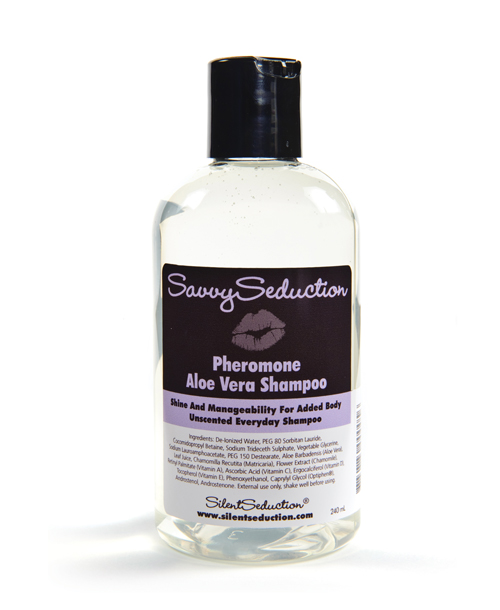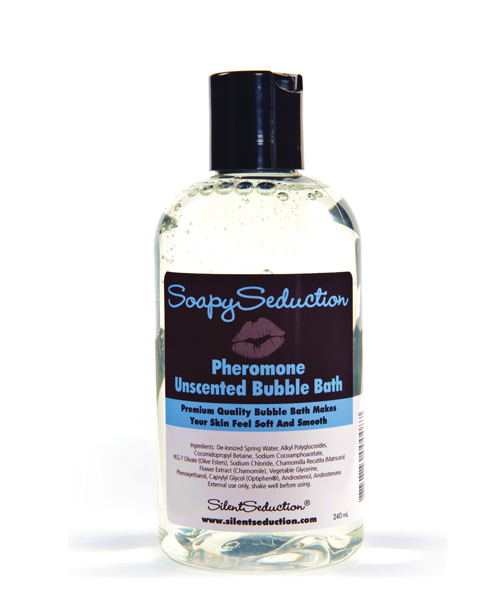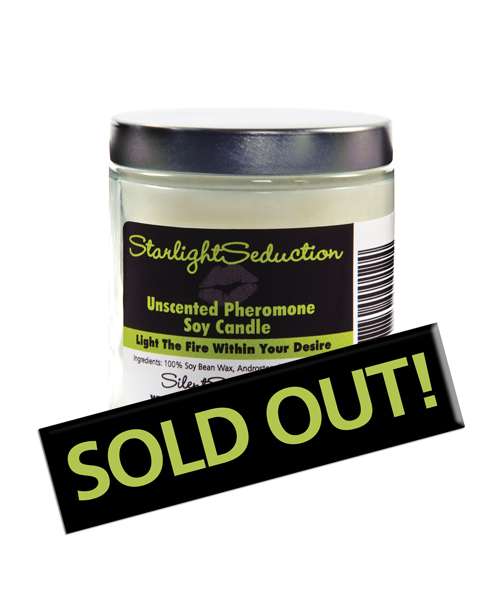Researchers say their findings indicate a women’s sense of smell changes throughout her menstrual cycle.
Do women’s noses know when it is the best time to conceive? That is the possibility raised in a study by a team of researchers at the University of Ottawa and the University of Leeds that suggests sense of smell is among subtle clues to fertility.
The study found that sense of smell among women was heightened when they were most fertile, immediately after ovulation. Researchers said the findings indicate a women’s sense of smell changes throughout her menstrual cycle, although variations likely often go unnoticed.
Jessica McNeil, who is a PhD candidate at the University of Ottawa’s School of Human Kinetics, said those changes in olfactory sensitivity are tied to the functions of the reproductive system.
McNeil and other researchers also studied cravings for high fat foods, which also increased among the women studied during the period of highest fertility in the menstrual cycle.
What does it mean? In part, that our sense of smell is more important than is often recognized. It has played an important evolutionary role in driving people to seek food and reproduction, said McNeil. Today smell is possibly the least considered of the senses. But that doesn’t mean it isn’t important.
“Often times it is subtle,” said McNeil. “We are not necessarily able to distinguish enough to say one day I can smell well and a week from now can’t smell at all.”
The research by the University of Ottawa and University of Leeds teams supports other studies that have found pheromones — chemical signals emitted by animals — are better perceived by women at times when their fertility is increased.
The research highlights how humans’ sense of smell might influence their behaviour and how it has helped people survive and successfully reproduce.
While people are generally aware of obvious food smells and the way they affect their behaviour — a plate of warm cookies, for example — they are less likely to be tuned in to more subtle smells.
“We aren’t always aware how important our sense of smell is . . . we don’t realize how it contributes to every day activities,” said McNeil.
It is not clear which mechanisms might cause the variations in sense of smell throughout the menstrual cycle, said McNeil. Previous studies have suggested it is linked to variations in sex-steroid hormones, but McNeil said that link did not appear in her study.
More research is needed, she said, to evaluate the cause-and-effect relationship between hormones and sense of smell during the menstrual cycle.
The study, which was published in the journal Physiology and Behaviour, was the first to identify and measure increased olfactory sensitivity after ovulation.





















